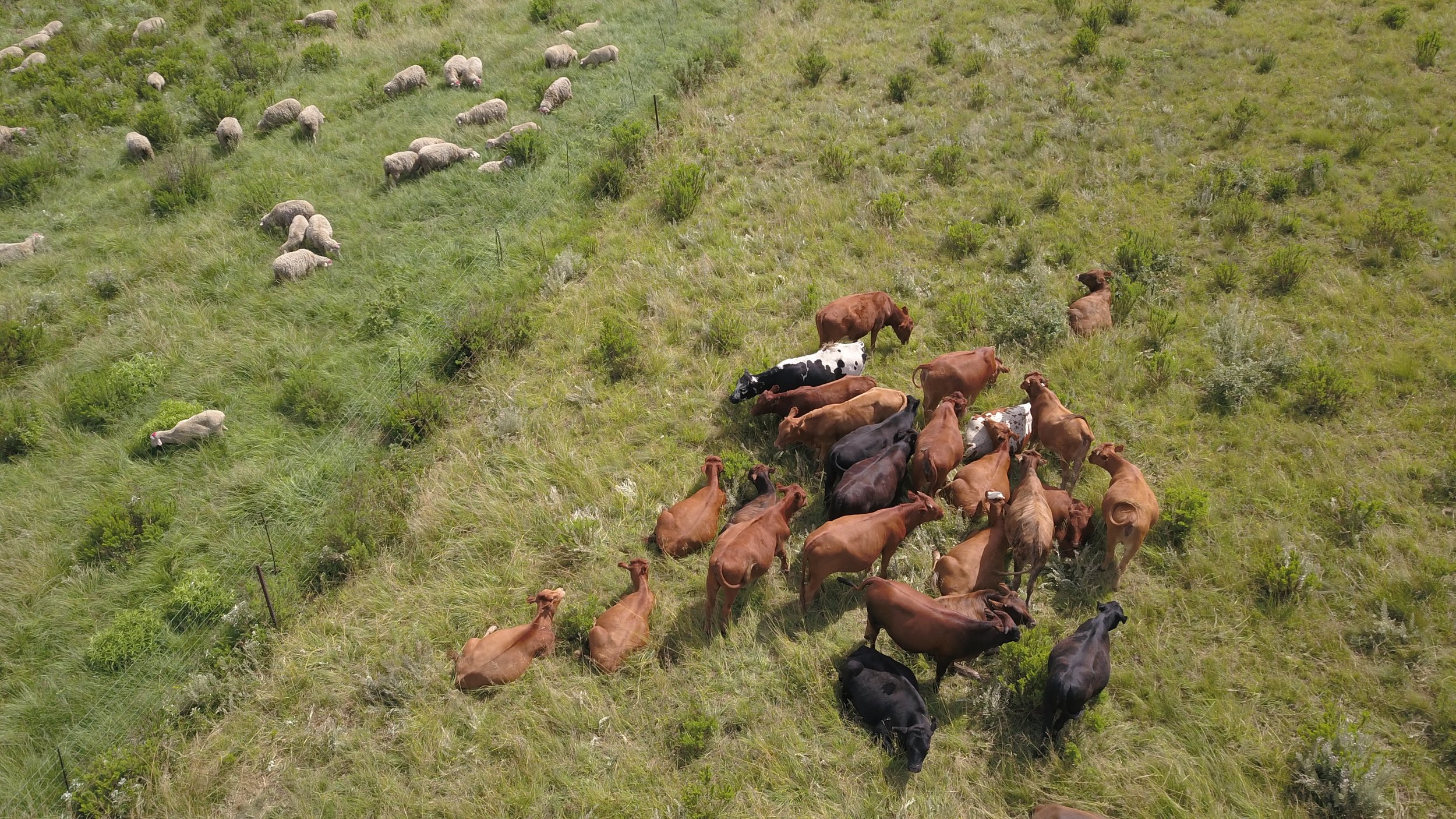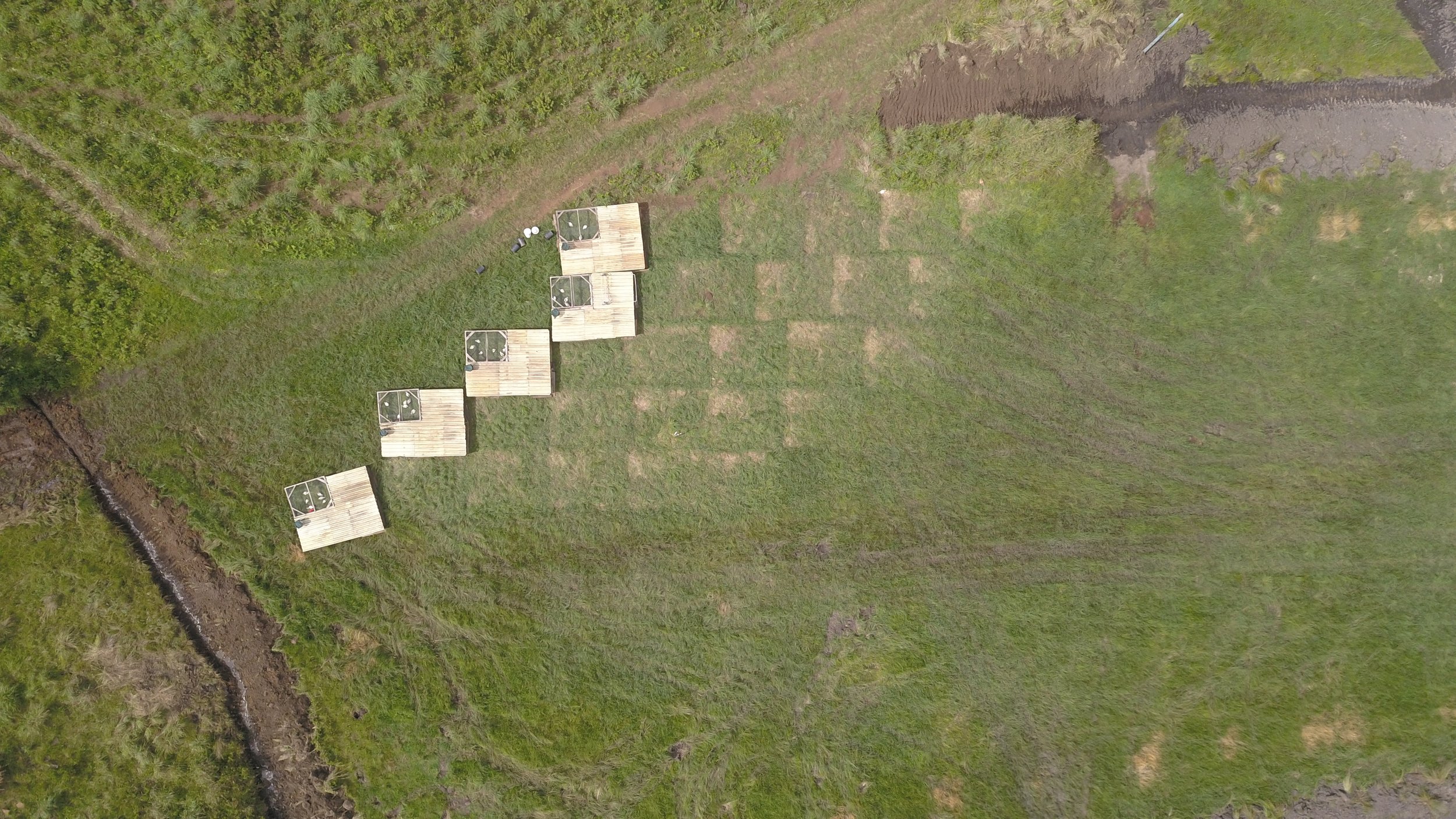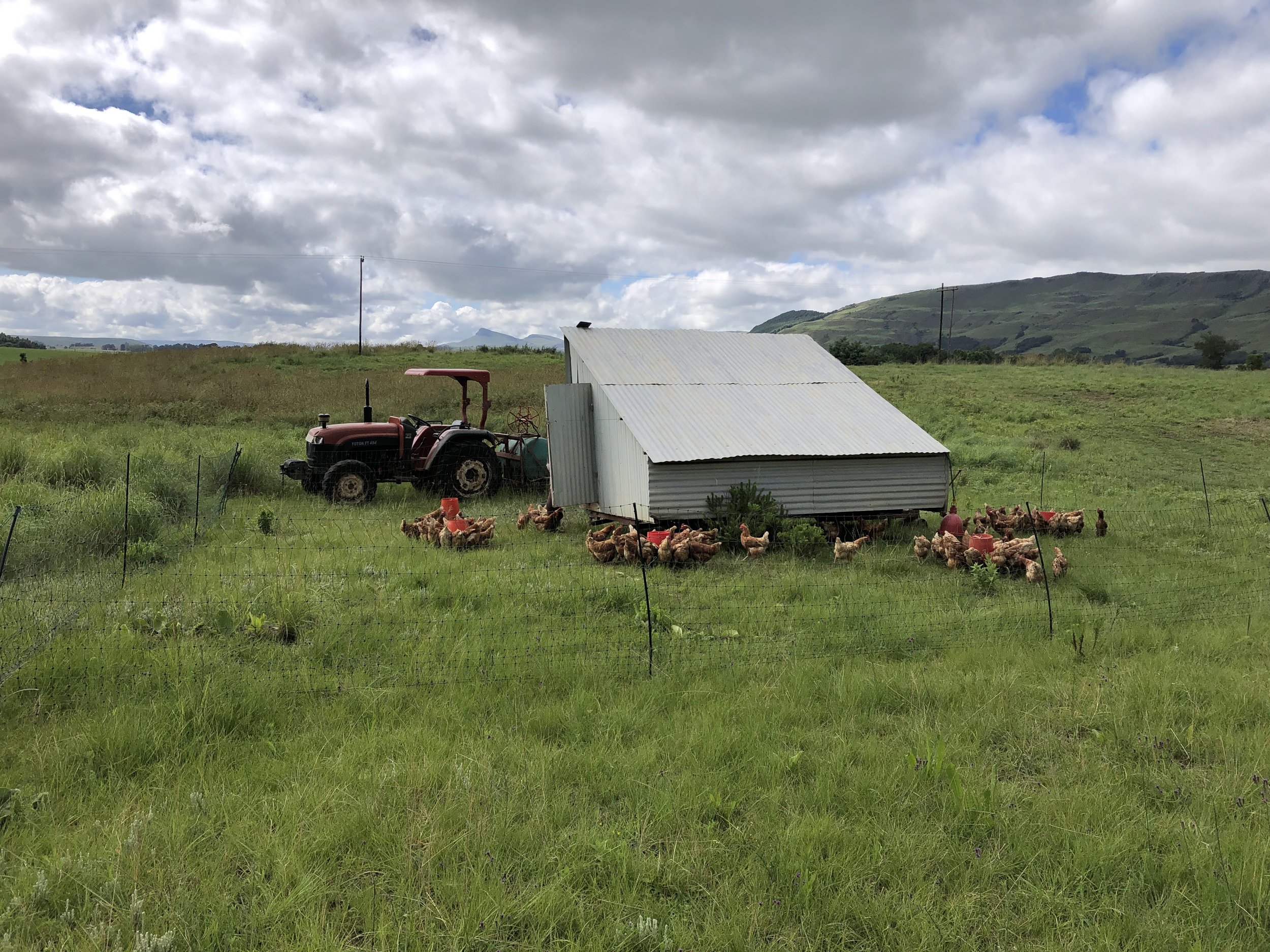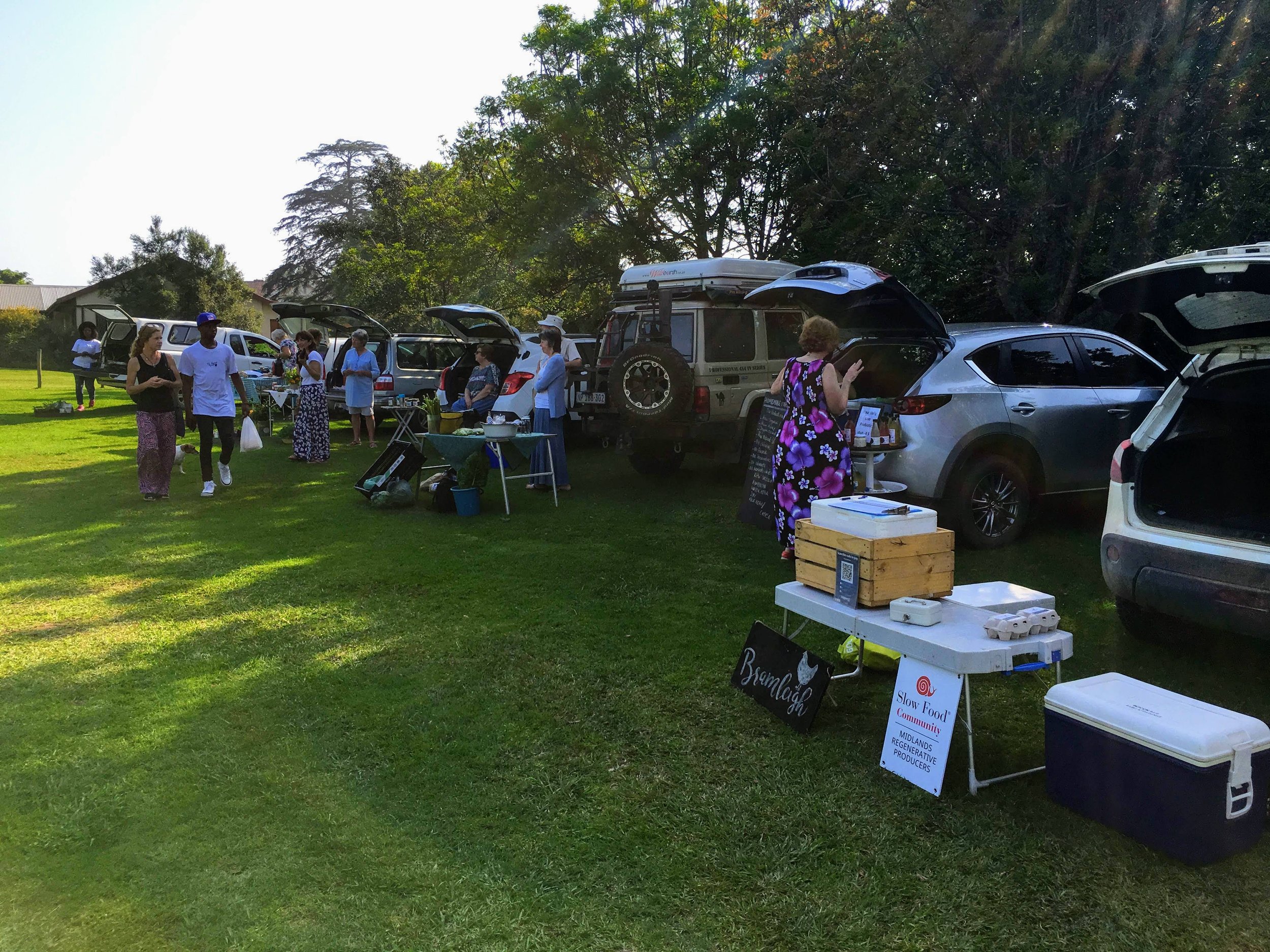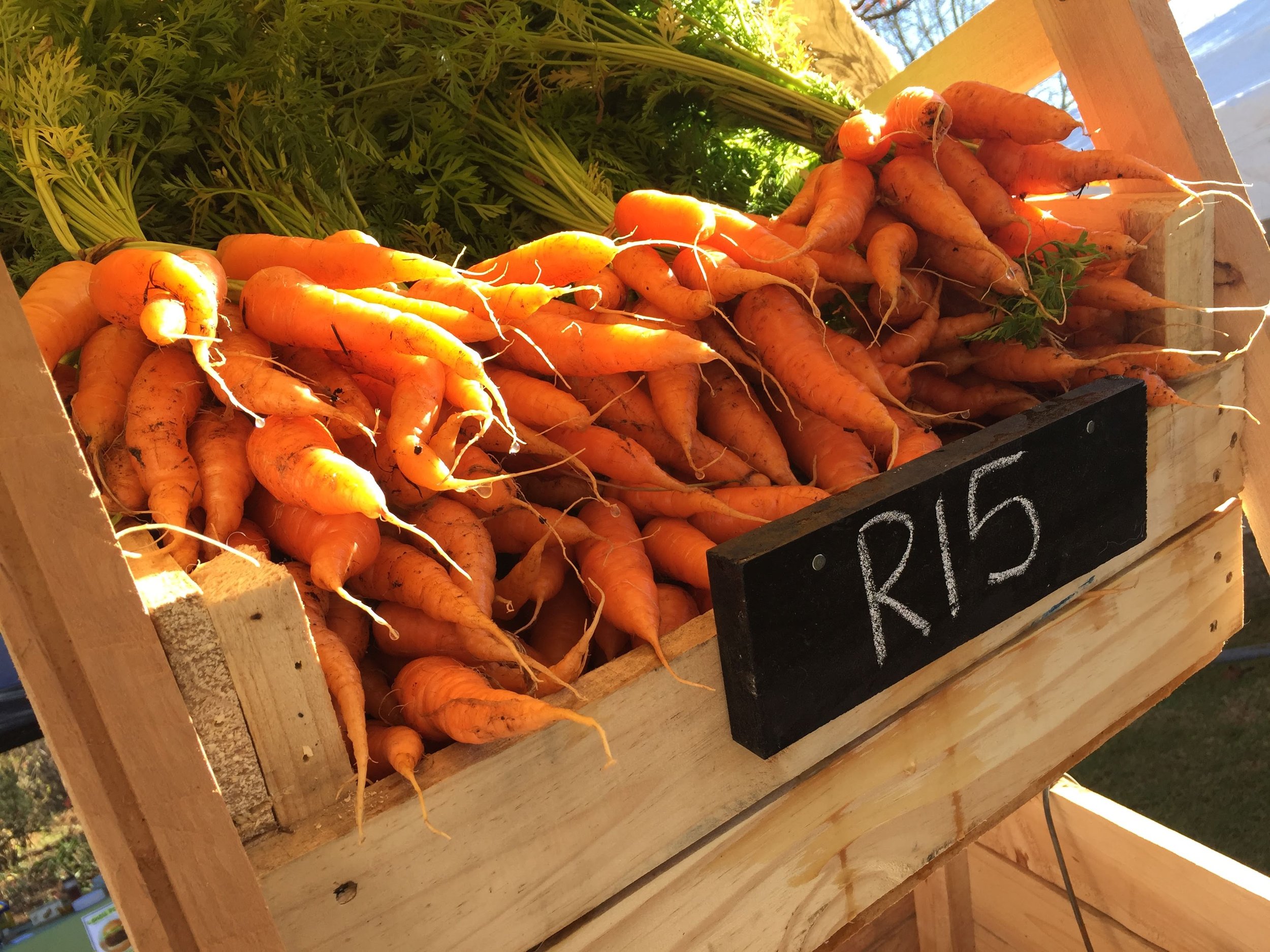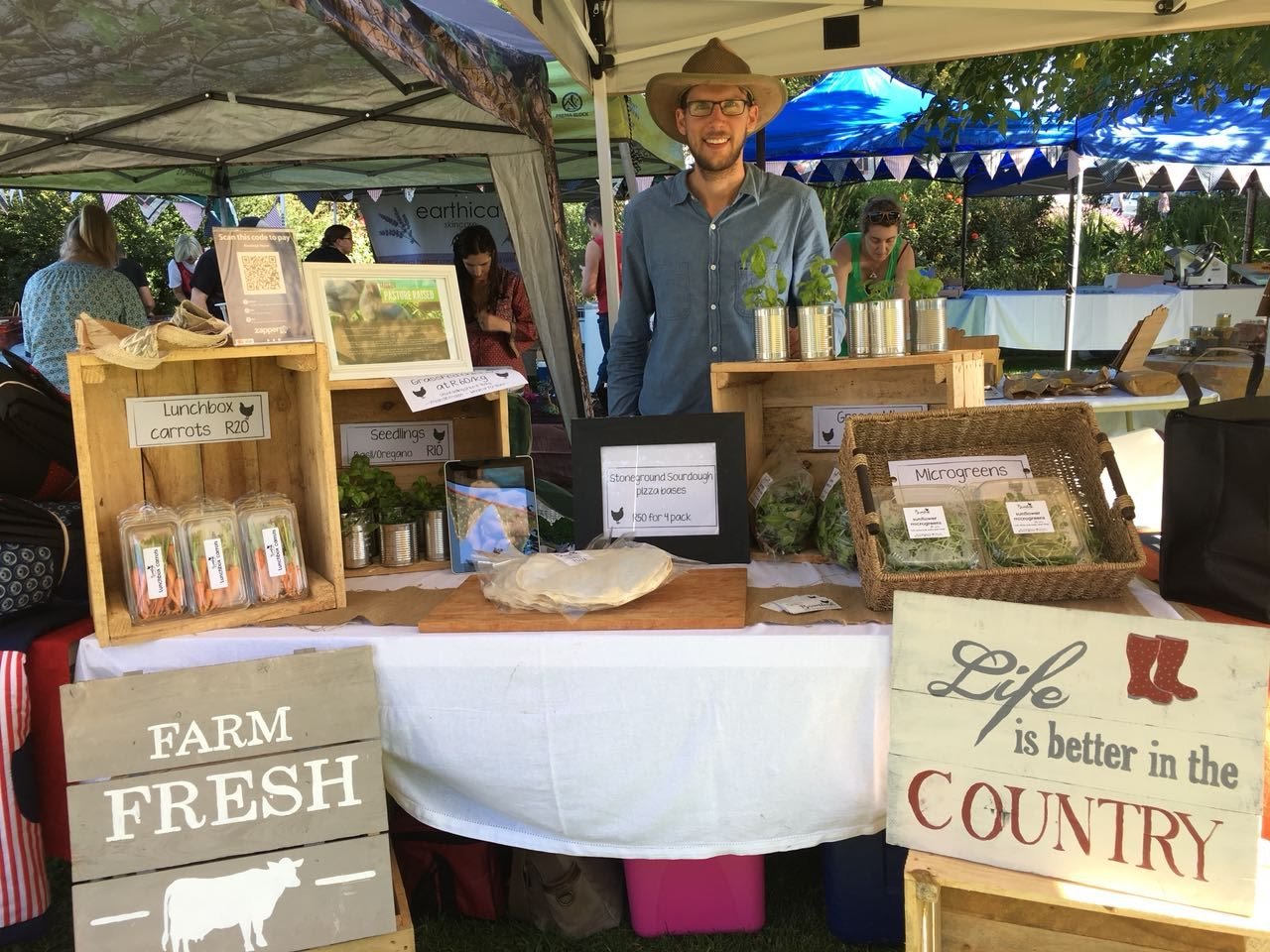regenuary
#Regenuary is a movement started by The Ethical Butcher encouraging consumers, for the month of January, to consider where their food comes from, to make informed choices about the food consumed and the effect food production has on the environment. The actions required are to source as much of your food as possible from producers who use regenerative farming methods as well as engage in conversations about food production. While the campaign originally started to clarify misconceptions about animal production, it is relevant to those who follow omnivorous, pescatarian, vegetarian or vegan diets by using the same principles of buying from regenerative farmers.
Read More at The Ethical Butcher
So what is regenerative agriculture?
Regenerative Agriculture is a holistic land management approach that includes best practices for the environment, soil health, animal welfare as well as social fairness. Based on this holistic system of farming principles and practices, regenerative agricultural actions aim to rebuild soil health and restore biodiversity through soil fertility and organic matter, water retention, and storing carbon, to improve and enhance natural resources and ecosystems through farming actions, while also producing nutrient dense food. Depleted soil will have a negative impact on the processes that rely on it.
It often involves intensive, but high welfare, management of animals that play an important role in soil regeneration, as nature was designed.
An example of this in action, described by Pasturebird:
"When it comes to raising animals on pasture, focusing on regenerative agriculture means that we ensure that the animals are not constantly grazing in the same spot, which can deplete and even damage the soil. Our chickens are moved to a new pasture area daily, and the previous grazing area is allowed to regenerate before the animals are allowed to graze on it again. The chickens and the earth have somewhat of a symbiotic relationship, because as the chickens graze and scratch, their droppings get worked into the soil, helping to replenish the nutrients lost during the grazing process. This enriched soil fosters new growth of plant life, and healthy soil traps significantly more carbon than depleted soil - a key to reducing agriculture’s carbon footprint and slowing down climate change."
How does regenerative agriculture benefit the environment?
Regenerative Agriculture aims to rebuild soil, improve soil health, restore biodiversity and resilient ecosystems.
From ‘The Ethical Butcher’: “A monocultural, industrial farming of any type system steadily reduces soil health, resulting in a cycle of increasing reliance on artificial fertilisers that are often derived from fossil fuels. Healthy soil that’s supported naturally by grazing animals, however, actually has a positive effect. From meat and dairy farms to those producing vegetables and grains, the processes involved in regenerative agriculture can help capture huge amounts of carbon and above-ground biomass, reducing greenhouse gas emissions and reversing current global trends of atmospheric accumulation.”
Why is regenerative agriculture good for communities?
Not only are the above practices in place to benefit the environment and improve animal welfare as part of this, but also social fairness.
When you support a regenerative farm, you are supporting the work of regeneration and the values of holistic regeneration played out practically - rotational grazing improves soil, plant and animal health; cover crops improve soil health, enhance water retention, slow erosion; animals are raised free from fear and discomfort, able to express their natural behaviours; while social fairness ensures fair living wages, good working conditions, and relationships with the community, direct engagement with consumers, and reversing negative effects of industrial farming on the local environment. The relationship and interrelationships between nature, people and economy needs to be reciprocal.
Regenerative farmers often engage directly with their communities, with consumers, and are sustained by this support. The constantly improving land base leads to resilience and higher yields, creating a healthy and sustainable conditions for the farmer and farm employees.
This means regeneratively raised produce is good for you and good for the environment and good for the community.
Why should you purchase regeneratively raised produce?
By choosing regeneratively grown produce whether it is meat products or vegetables, you are choosing food with a positive impact. Making an informed choice about where your food comes supports the restoration of natural nutrient cycles, the capture of carbon emissions, the reduction of chemical inputs and fossil fuels, as well as supporting farmers to continue this work, to provide fair employment, improve yields and vitality for farmers and farm employees engaging directly with their communities.
Although #Regenuary 2022 is drawing to a close, it is a way of thinking about food and the impact of food production that can and should carry through the whole year.


